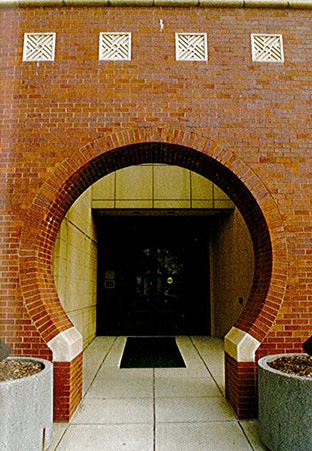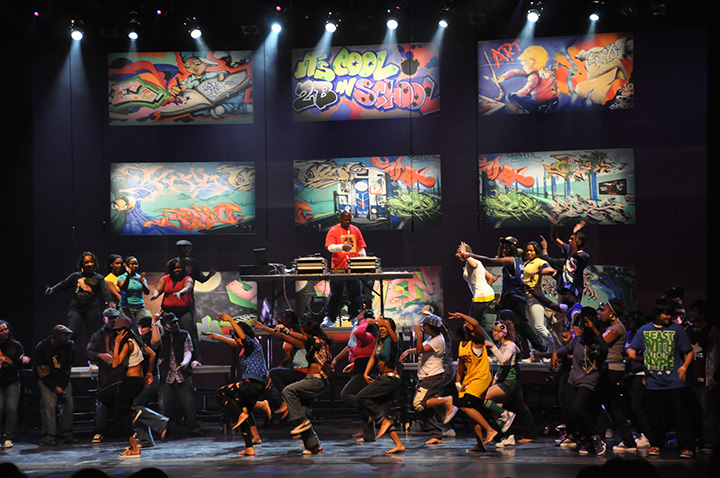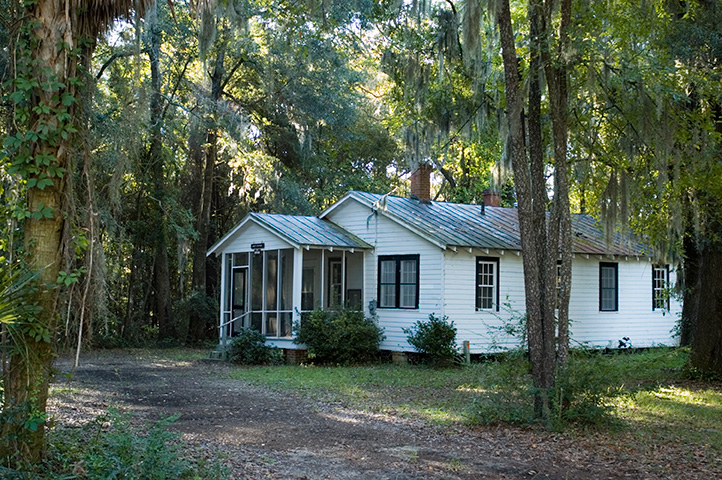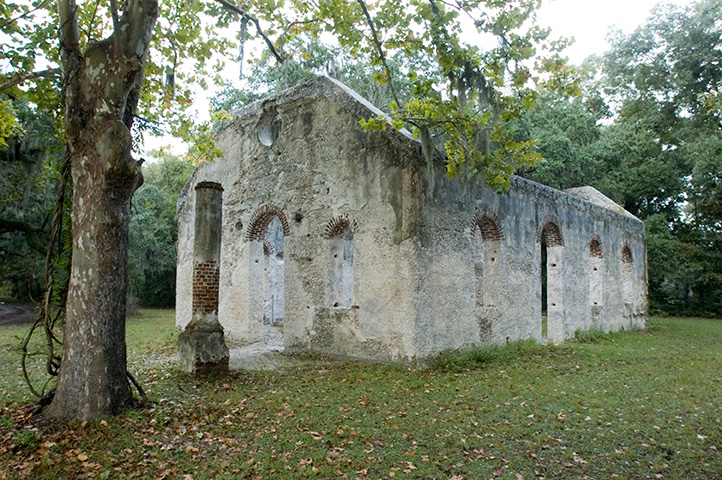Giving to Purdue
University Development Office

Through the key hole: a journey into Purdue's Black Cultural Center

Centrally located between the academic and residential communities on Purdue’s West Lafayette campus, the Black Cultural Center features design inspired by the art and architecture of ancient Africa. A tribute to ancient beginnings, the center creates a portal through which all cultures can experience Black history and enter into an environment reminiscent of an African village.
The moment you walk in, the Black Cultural Center (BCC) embraces you. You are surrounded by ancient African artifacts, architecture that sings and an epicenter bringing different walks of life together to create an eclectic masterpiece.
“We want everyone at Purdue and in the Greater Lafayette community to see themselves as having a place here at the BCC,” says Renee Thomas, director of the center. “Whether through involvement, our performing arts ensembles, attending a BCC sponsored event as an educational and cultural experience, or conducting research in our library, we want everyone to know there is something for them here.”

Thomas and her staff provide the students involved at the center with memorable experiences. One initiative they are using to galvanize the community is their annual research tour. There is a fee for students to travel, but because of private donations, the BCC can help underwrite the trips so that cost to the students is greatly reduced.
“From the five performing arts ensembles, 45 students are selected to travel,” explains Thomas. “For those who do not travel, we have the on-campus programming experience that includes theatrical performances, a film series, cultural cuisine, guest speakers and visual artists-- all which complement the fall semester theme.”

This fall, the BCC is focusing on Gullah Geechee, a unique African American culture in the low country of South Carolina and Georgia. Research tour participants will spend five days in the Savannah and Charleston areas. “We will also invite alumni in the area to join us for a dinner,” says Thomas.
Many enslaved Africans came through Charleston as part of the Middle Passage – the journey from West Africa to the United States. Charleston was a major slave market, so many of the enslaved Africans who arrived there were transported to the Sea Islands to work on the rice and cotton plantations. Due to the remoteness of the islands (no bridges until 1950’s), the people successfully preserved their original African culture and traditions – like their food, textiles, clothing and language – to a strong degree.

The BCC travelers will go to the Geeche Kunda heritage site and the Pin Pont community, then travel to St. Helena Island where they will stay at the Penn Center, the first school constructed for African Americans in the south. Throughout the trip, the students will have a cultural immersion experience, see various cultural museums and participate in dance, drama, creative writing and folklore activities to prepare for telling the Gullah stories to the Purdue community. “When we come back, the students will process all of that information and present an artistic response to the material at our Cultural Arts Festival,” says Thomas. Thomas welcomes all to attend the next BCC Cultural Arts Festival, which will be held in Loeb Playhouse on Friday, December 6, 2013. She emphasizes repeatedly how big a role donors play in the festival and other BCC programming.
“We are so deeply thankful for the private gifts that come in to the center. Donor support has enabled us to deliver programs of the highest quality imaginable. Without this support, we would be much more limited in our offerings."

